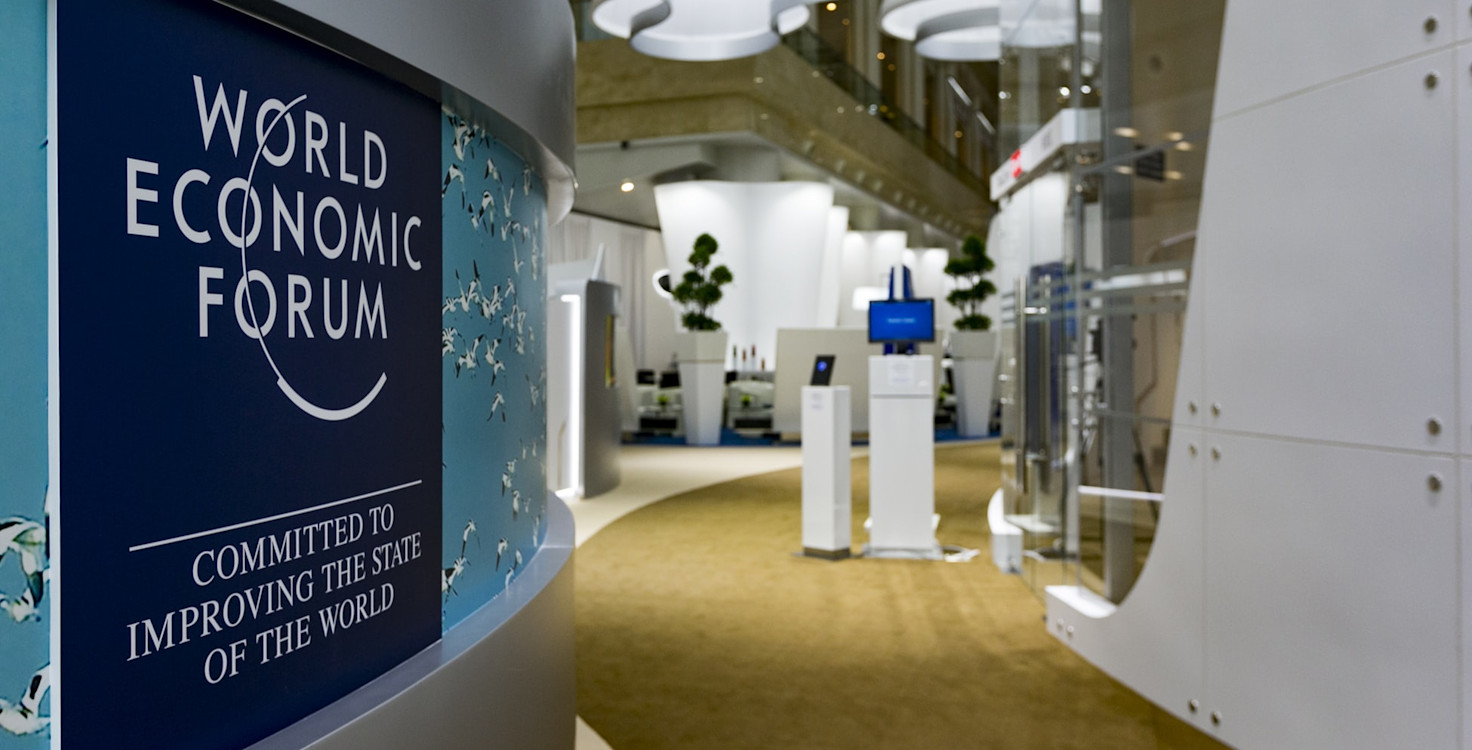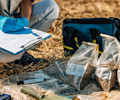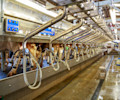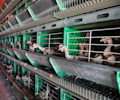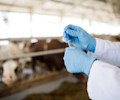Davos, 23 January 2020 – A coalition of public and private sector organisations has launched an initiative to galvanise investors to tackle the issue of antimicrobial resistance (AMR) in 2020. The ‘Investor Year of Action on AMR’ is backed by the UN-Supported Principles for Responsible Investment (PRI), FAIRR, the Access to Medicine Foundation and the UK Department of Health and Social Care.
The growth of antimicrobial resistance – superbugs that are resistant to antibiotics – is an urgent public health challenge that is responsible for at least 700,000 deaths globally each year. AMR also presents serious financial threats to large institutional investors. In the EU alone, it is estimated that AMR already costs more than $1.5 billion in healthcare expenses and productivity losses.
The main objective of the ‘Investor Year of Action’ is to leverage investor influence to make change happen. The financial sector sits at the top of the investment chain and can positively change behaviour if it aligns with international standards and guidelines such as the WHO Global Action Plan on antimicrobial resistance. During this year-long initiative, investors will be encouraged to assess and integrate risks, opportunities and impacts through an ‘AMR lens’ i.e. considering antimicrobial resistance when making decisions and engaging with investees.
The achievements of FAIRR and the Access to Medicine Foundation represent two strong examples of how investors can integrate material health issues into their analyses and engagements with companies. Through the $20 trillion FAIRR network, investors have pressed 20 large restaurant chains and the wider the food sector for better standards of antibiotic stewardship. The Investor Statement of the Access to Medicine Index is signed by 100+ institutional investors, collectively managing assets of more than $13 trillion. The Access to Medicine Foundation has worked closely with the Sustainability Accounting Standard Board (SASB) to ensure alignment between the methodologies used by the Foundation and the SASB Standard for the Pharmaceutical Sector.
The initiative will be launched at an Affiliated Session of the World Economic Forum, held in Davos-Klosters, Switzerland. The session, held on the 23rd January, is the launch event for the 2020 AMR Benchmark, hosted by the Access to Medicine Foundation.
**Matt Hancock MP, UK Secretary of State for Health and Social Care said:<br />**“A world where life-saving medicines are rendered obsolete due to drug-resistant superbugs is no longer a distant possibility, but a very real and immediate threat. The UK has played a central role in working to ensure antimicrobial resistance is contained and controlled by 2040, but this work needs coordinated action across the globe. Mobilising the global finance industry to innovate and find solutions to resolve such a significant problem is key to unlocking the advancements we need.
“I am incredibly proud to be supporting the first-ever Investor Year of Action on AMR to galvanise global commitments to address AMR.”
Jeremy Coller, Founder of FAIRR and Chief Investment Officer at Coller Capital, said:<br />“Everyone at Davos knows about the climate emergency, left unchecked, antibiotic resistance will kill us way before climate change does. Our defences against AMR are wearing thinner by the day, and the microbes are getting tougher. We need urgent global change to combat AMR – and that needs investors in the driving seat.
“We’ve seen change happen first-hand at FAIRR. Over the last few years, our investor coalition has engaged with 20 global restaurant chains who had no plans to reduce antibiotics. Now all 20 have an antibiotic stewardship policy in place, and the livestock industry has reduced antibiotic use by 40% in 5 years. Money talks. From pension funds to private equity, we need to make 2020 the Year of Investor Action on AMR.”
Professor Dame Sally Davies, UK Special Envoy on AMR and former Chief Medical Officer for England said:<br />“Through working with other countries, governments and a wide range of stakeholders, the UK has been at the forefront of international efforts to tackle AMR. However, addressing AMR is no small task and it is one that requires global action.
“That is why – together with a number of civil society organisations – I am hugely excited to be launching the ‘Investor Year of Action on AMR’, to encourage international investors to take action on AMR. With our partners, we will be working to encourage investors to make public commitments for more sustainable investments to help address AMR.”
**Fiona Reynolds, Chief Executive of PRI said:<br />**“The World Bank believes AMR could cause greater economic damage than the 2008 financial crisis, potentially decreasing global annual GDP by up to 3.8% by 2050. If investors fail to take action on antimicrobial resistance, the public health consequences could be catastrophic and entire sectors from food to pharmaceuticals face industry-wide risk. The investor year of action on AMR is a timely and important initiative that capital markets cannot afford to ignore.”
**Jayasree Iyer, Executive Director of the Access to Medicine Foundation, said:<br />**“Antimicrobial resistance is a material risk and opportunity for investors in pharmaceutical companies. The rise of drug-resistant infections can compromise revenues and growth from profitable business lines such as cancer. Moreover, governments have already started to pilot new financial incentives for developers of novel antibiotics as well as green procurement practices offering contracts to responsible manufacturers. The time to invest in AMR is now.”
Notes to editor:
For more information, please contact:
Mike Weber, ESG Communications
T: +44 7932 577755 | e: mike@esgcomms.com
**About FAIRR:<br />**Established by the Jeremy Coller Foundation, the FAIRR Initiative is a collaborative investor network that raises awareness of the material ESG risks and opportunities caused by intensive animal production. FAIRR helps investors to identify and prioritise these factors through cutting-edge research that investors can then integrate into their investment decision-making and active stewardship processes.
**About the Department of Health and Social Care:<br />**The Department of Health and Social Care is a department of the UK Government responsible for supporting ministers to lead the nation’s health and social care to help people live more independent, healthier lives for longer.
**About PRI:<br />**The PRI is the world’s leading proponent of responsible investment. It works to understand the investment implications of environmental, social and governance (ESG) factors and to support its international network of investor signatories in incorporating these factors into their investment and ownership decisions.
**About the Access to Medicine Foundation:<br />**The Access to Medicine Foundation is an independent non-profit organisation that analyses how the world’s largest pharmaceutical companies are addressing access to medicine. The Access to Medicine Foundation stimulates and guides pharmaceutical companies to do more for the people living in low- and middle-income countries without access to medicine.
